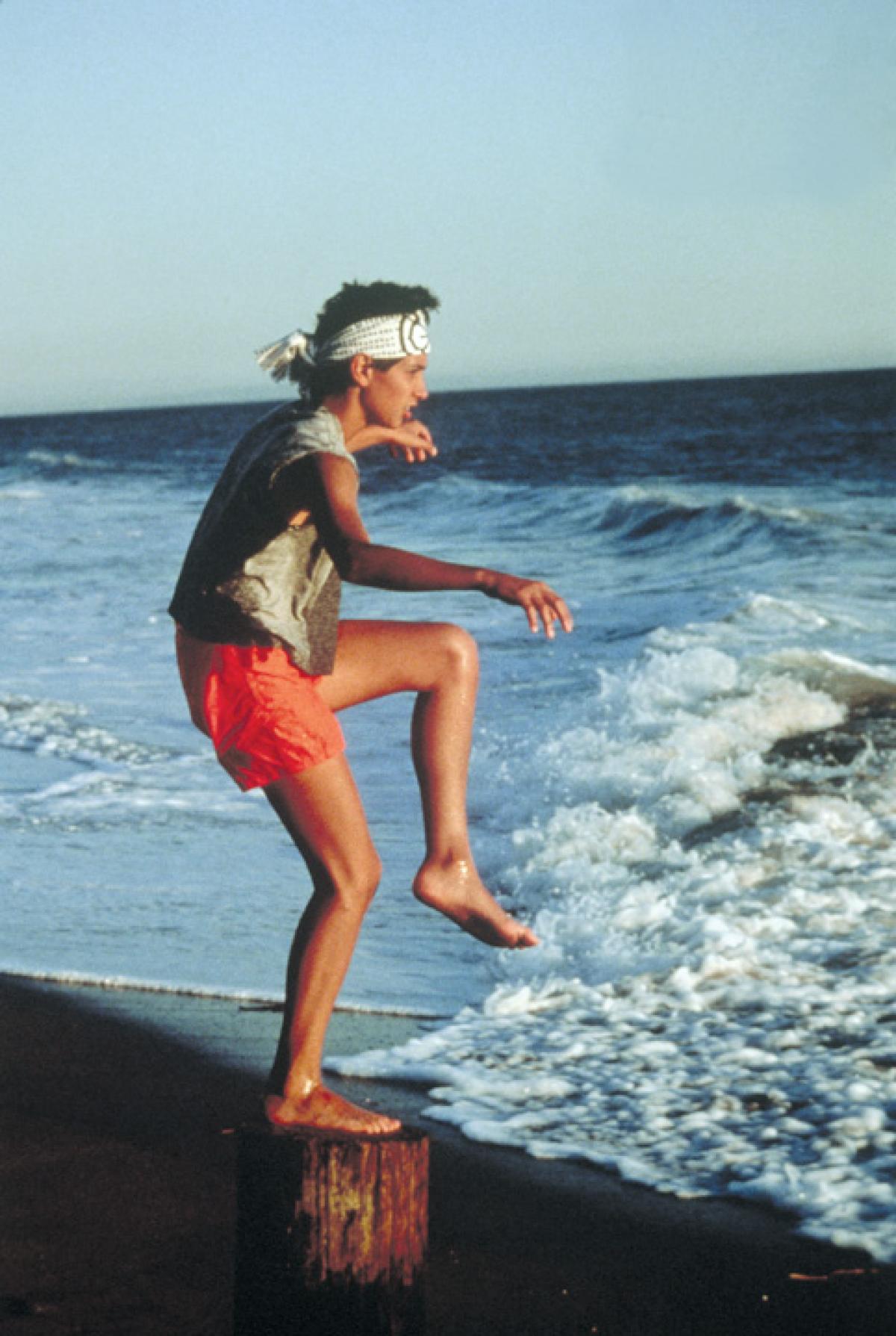Popular culture is typically perceived only as entertainment, but there are lessons embedded in many of these diversions, woven into lyrics, scripts, and imagery such that they are sometimes missed the first time. Either from repeated exposure or experience, it’s interesting when pop culture provides more than mere amusement.
Such was the case recently watching The Karate Kid (1984) and The Karate Kid, Part II (1986), starring the late Pat Morita as Mister Miyagi, the reluctant martial arts sensei, and Ralph Macchio as Daniel LaRusso, the eager student.
Writer Robert Mark Kaman included several simple yet important messages we can use in leadership training and personal development. Even most who’ve not seen the original film are familiar with the phrase “wax on, wax off,” the repetitive polishing motion Miyagi used to teach Daniel the first of many basic karate moves. Throughout the film, Miyagi instructed Daniel to perform apparently menial tasks, but each taught a valuable combat skill.
The other techniques were “sand the floor” and “paint the fence,” tasks Daniel undertook grudgingly, unaware of the lesson embedded in each assignment. His poor technique with each motion was quickly corrected, and Daniel worked until his muscles ached.
After several tedious assignments, Daniel erupted in frustration, angry for having spent days waxing a car, sanding a deck, and staining a fence. Miyagi ignored the comments, simply directed his student to perform each task while facing the teacher, and corrected his technique when indifference resulted in a half-hearted attempt. The lessons not yet clear, Miyagi thrust punches and kicks toward his student who instinctively blocked them, using each motion in defense.
At this moment, the lessons became obvious to the student—and viewers. Daniel had learned basic skills through repetition, his muscle memory ensuring instant and precise reaction. Many military situations require such immediate and refined responses, and repetition builds those skills.
Yet we need critical thinkers, sailors, Marines, and guardians who aren’t always robotic. This was a lesson Miyagi imparted through another message that was initially overlooked.
Miyagi told Daniel on multiple occasions, in a stereotypical Japanese accent, “Not everything is as seem.” He was encouraging Daniel to search for the purpose behind each task, to think critically by suggesting there might be hidden meaning in each seemingly pointless experience.
This movie also imparted lessons about teaching and mentoring, about how they need no curriculum, program, or school. Mentoring is performed by those who care enough to impart knowledge and skills—by leaders who do these things even when the student doesn’t realize it—when the task seems pointless.
The Karate Kid Part II began with Miyagi explaining to Daniel that he left Okinawa to avoid a fight with a rival whose parents had arranged a marriage to the woman Miyagi loved. Daniel could not understand why Miyagi, an admittedly better fighter, allowed himself to be viewed a coward, never to return to Okinawa until compelled to visit his dying father. Miyagi told Daniel—again in the accented English—“In Okinawa, honor have no time limit,” an indication his return would be met by the challenge to fight that persisted in his rival’s bid to regain lost honor.
Miyagi explained he did not like to fight and that violence was not the answer. This was a principle on which his life was based, and he admonished Daniel to “Never put passion before principle.” Facing the challenge of his rival would have forced him to violate his principles. For Miyagi, this would be worse than being considered a coward.
In Miyagi’s words, “Even if win, you lose” when you violate your own principles.
These lessons are relevant in the Sea Services, and we have countless examples of when they are ignored. Too many leaders have been relieved for cause after putting passion before principle. Whether that passion is power, greed, status, sex, or money, placing them before principles causes a loss of honor—even when you get away with it.
Rewards won through passion are temporary, but principles are everlasting. Just as Miyagi described Okinawa, in the Sea Services honor—gained or lost—has no time limit.
Personal development includes lessons about Navy Core Values, and examples exist in unexpected places. These movies showed how honor results from having the courage to maintain commitment to one’s values, never putting passion before principle.



